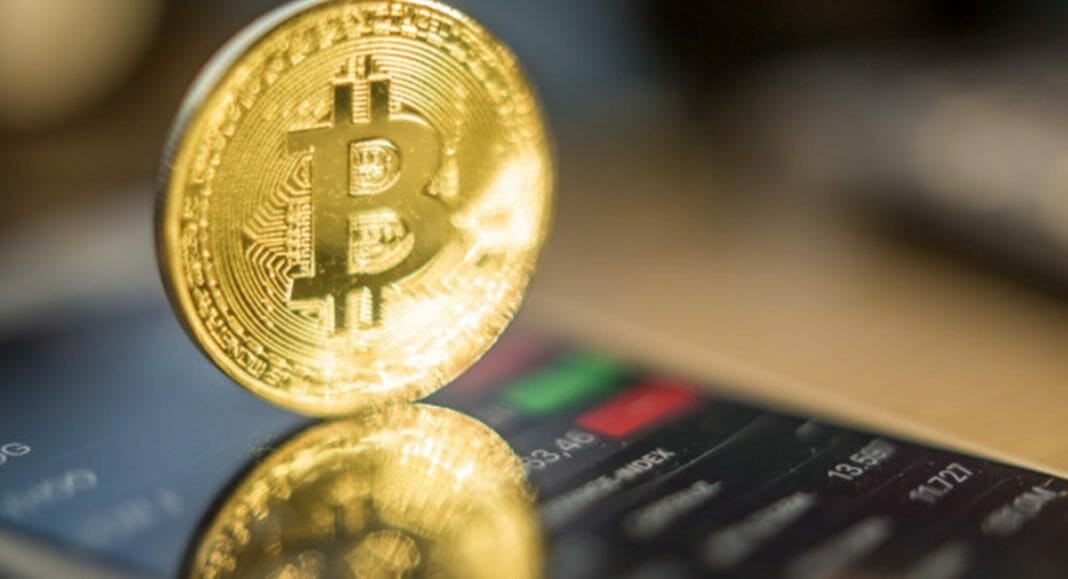The nature of Bitcoin makes it impossible for states to seize it at the protocol level. When a third party handles the private keys of a Bitcoin holder, seizure becomes possible.
Since Bitcoin is an asset and protocol without intermediaries, and resistant to censorship, it is contrary to the intervening essence of the State. Each person can safeguard their money and transfer it without requesting permission from a third party, which reduces the role of arbitrator and supervisor of the State. Both the supporters of Bitcoin and those of the State will do “everything in their power to persevere in their being.”
The Financial Action Task Force (FATF) recently introduced a bill that seeks to preserve state control over money. Among other measures, the FATF intends that virtual asset service providers (VASP) will censor the receipt and withdrawal of transactions.
The New Bill Seeks that Bitcoin Is in the Hands of Intermediaries
They would seek that Bitcoin and other cryptocurrencies remain in the hands of intermediaries who identify each of their users. They would do it under the guise of fighting money laundering and terrorist financing. In that way, they would be depriving Bitcoin of characteristics that make it a cutting-edge asset and protocol, thus reducing it to a seizable promissory note.
This situation would violate the basic natural rights of privacy and property. Furthermore, it would go against the reason why Satoshi Nakamoto created Bitcoin and it became the first successful digital currency.
Rules will inevitably emerge for businesses that work with Bitcoin given the massification of this technology. Regulations are also an indication that Bitcoin is here to stay. However, a regulation like the one that the FATF proposes seeks to eliminate the decentralized and disintermediated nature of Bitcoin. With this, it seeks to perpetuate the vices of the economic system based on trusted third parties, such as those that Nakamoto stated.
Anti-money Laundering Measures Have Been Ineffective in the Centralized System
Anti-money laundering measures have caused huge costs in terms of financial exclusion, commercial friction, bureaucracy and regulatory compliance, and violation of privacy. The largest banks in the world laundered more than USD 2 trillion in 2020. That shows how ineffective these measures are even in the traditional centralized system.
The FATF is not an organization with binding decisions on its member states, but the countries that do not uphold its standards are blacklisted. This entails financial sanctions by other members and even the censorship of economic relationships.
The supra-state powers of their non-democratically elected representatives are more prominent, thus influencing the individual lives of those elected by suffrage. That happened with the FATF’s promotion of the so-called Travel Rule, which almost all services that safeguard cryptocurrencies have adopted.
Although the new bill has not yet received approval, several companies are rejecting transactions from p2p platforms. Others may follow these measures if draconian regulations put their existence at risk.
Bitcoin Is Censorship Resistant and Unseizable in Self-Custodial Wallets
The resistance to censorship and unseizability of the Bitcoin protocol has protected it from attacks, keeping its internal functioning programmed. In this way, obeying the consensus rules on which all participants are equal and preventing fraud by malicious actors. Bitcoin’s incentives have kept justice on the network invulnerable without the need for violence or intermediaries.
If the private keys are in other hands, such as those of custodians, any government can freeze accounts or simply make the holding of Bitcoin illegal. In self-safeguarded wallets, the seizure would require a systematic use of violence, not so easy to orchestrate. That could happen with the pioneering cryptocurrency if there is no continued individual custody.
This possibility would pose a great risk, not only for those who are in the movement for ideological reasons. If Bitcoin becomes a promissory note exchanged through custodians, it will lose its value as a store of value and hedge fund.
By Alexander Salazar











